#Poland
Photo
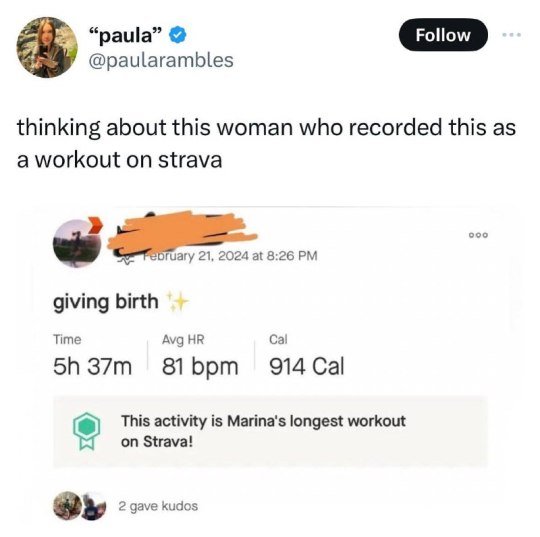
#meme#funny#humor#tumblr memes#memes#tweet#memesdaily#memes daily#dank memes#twitter#polandcore#śmieszne memy#memy#polski tumblr#śmieszne#poland#polska#polish wave#internet#humorous#laughter#satire#jokes#sarcasm#viral#entertainment
2K notes
·
View notes
Text

432 notes
·
View notes
Text

Let me get closer... I have a hell inside me where your demons can live.
-- John Hennessy
(Krakow, Poland)
101 notes
·
View notes
Text







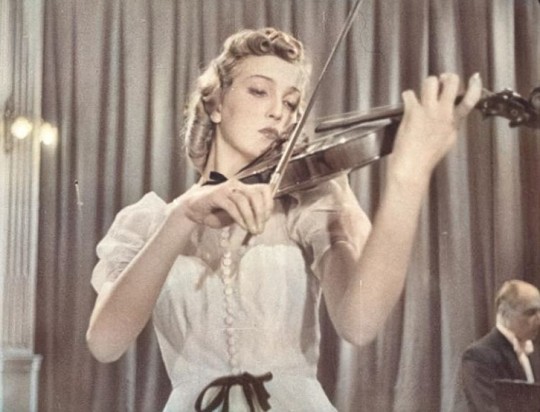

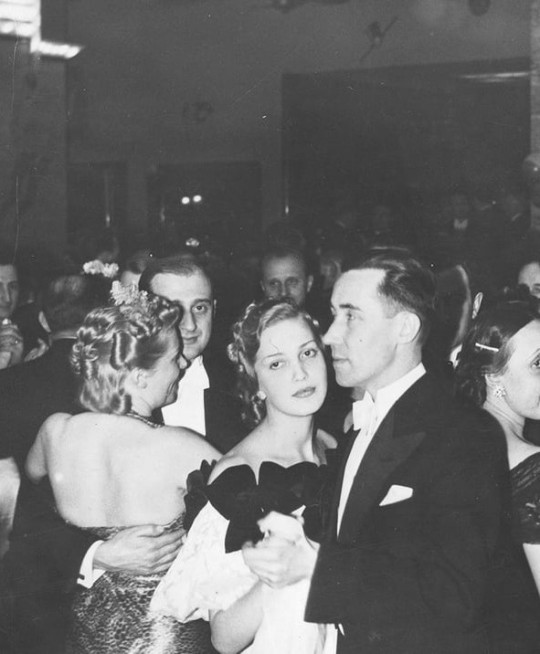
Tamara Wiszniewska (1919-1981) - Polish actress
Tamara Wiszniewska was born on December 19, 1919 in Dubno, Poland (now a region in western Ukraine) on the banks of the Ikva River. It was here that she spent her younger years during which she picked up dancing, which eventually led her to her career in film. In her 1981 obituary in the Democrat & Chronicle, it was reported that Tamara, at age 15, “Was a ballet dancer, when German film director Paul Wegener discovered her and gave her a role in the historical film, August der Starke (August the Strong)” which premiered in 1936. This German/Polish co-production is a biographical look into the life of Augustus II, ruler of Saxony and Poland-Lithuania from 1694-1733. Although Tamara played only a small role it marked her debut and eventual rise to fame within the Polish film industry.
Following her appearance in August der Starke, Tamara appeared in thirteen other films between 1936 and 1939, including Trójka Hultajska (The Trio Hultajska, 1937), Ordynat Michorowski (Ordinate Michorowski, 1937), and Kobiety nad Przepaścią (Women Over the Precipice, 1938). Wladyslaw (Walter) Mikosz, Tamara’s future husband, produced two of these films. In an interview, Tamara and Walter’s daughter, Irene, states that, "The two met because of their film careers, and were married [late that same year] in 1937".
Life for the Mikoszs was happy for a time. Tamara continued to pursue her acting career through 1938 and 1939 and had welcomed a new born daughter into the world alongside her husband, Wladyslaw. Unfortunately, these happy times did not last long as the Mikosz family experienced the rise of Nazi Germany and their occupation of Poland in 1939 during World War II. The following excerpt from an interview with Tamara in a 1974 Times Union tells how drastically their lives were changed:
"I always played a rich spoiled girl who had lovely clothes, and for a short time I lived that kind of life too. It was a short, beautiful life that ended when the Germans took over Poland in 1939. We were wealthy and the toast of the town then. We’d go to Prague and Vienna just to see an opera or to play in the casinos. When the Germans came, my intuition told me I should have something on me to exchange. I sewed my jewelry into my clothes. Later, it bought us passes to freedom and bread so we were never hungry."
The German occupation of Poland during World War II brought then “beautiful” life of the Mikosz family to an end. Gone were their illustrious careers in film and the rewards that such a life had brought to them. In a later interview, Irene mentioned that her mother "was preparing to sign a contract for a film career in Hollywood, but Hitler’s invasion of Poland derailed the plans". Sadly, Tamara’s last appearance on the silver screen was in 1939 prior to the invasion of Hitler’s Germany; she never again starred in any films.
Although her dreams had been crushed, Tamara and her family did not lose hope. They made the best of their current situation, and were able to survive by selling the fruits of their labors that they harvested during their days in the film industry; their lives had been consumed with a fight to survive rather than a dream to thrive. However, not being ones to live quiet lives, the Mikoszs volunteered for the Polish Underground, the exiled Polish government that fought to resist German occupation of Poland during World War II. As civilians with backgrounds in film, Tamara and Walter were most likely engaged in spreading Polish nationalistic and anti-German propaganda. Such efforts of the civilian branch of the Polish Underground was in support of what Jan Kamieński refers to as "small sabotage" in his book, Hidden in the Enemy's Sight: Resisting the Third Reich from Within: "In contrast of major sabotage, the idea of small sabotage was to remind the German occupiers of an enduring Polish presence, to ensure that they felt a constant sense of unease and generally undermine their self-confidence". While attending to these duties within the Underground, the Mikosz family was separated and shipped off to separate countries: Tamara and her daughter, Irene, to Czechoslovakia (where Tamara’s parents had been sent) and Walter to Bavaria. The family was not reunited until 1945, when they were sent to the same refugee camp in Bavaria. The Mikoszs remained in the Bavarian refugee camp until the year 1950, in which they emigrated to the United States of America. Tamara and Walter lived quiet lives in Rochester, NY after arriving from a war-torn Europe, and did so until they passed away.
Although they have long since passed away from this Earth, the stories of the Polish film star, Tamara, and her film-producer husband, Wladyslaw Mikosz, will live on so long as there are people around to tell it.
#history#history crushes#submission#tamara wiszniewska#polish#actress#film history#1930s#30s#old hollywood#women in film#women in history#poland#wwii#world war 2#ww2#ww2 history#old movies#old phography#20th century
95 notes
·
View notes
Text

Wrocław, Poland by Adrianna Zielińska
#wrocław#wroclaw#poland#europe#magnolia#travel#architecture#wanderlust#spring trees#springcore#spring#spring flowers#polblr#naturecore#fairycore#explore#travel destinations#soft girl#girlblogging#softcore
113 notes
·
View notes
Text
Nothing unusual. Just Dandelion being Dandelion and Geralt being Lambert!
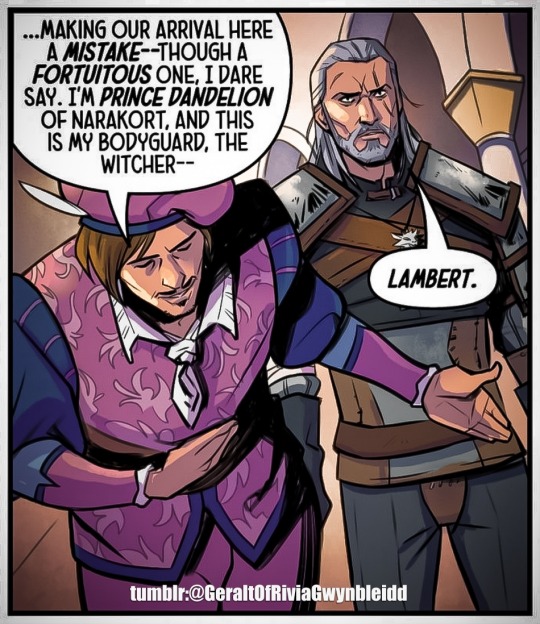
#геральт из ривии#ведьмак#the witcher 3#geralt of rivia#gwynbleidd#the witcher#andrzej sapkowski#henry cavill#geralt#ciri and geralt#dark horse comics#dark horse books#comics#Ofir#the witcher netflix#the witcher fanart#cd projekt red#cd project#Poland#geralt x dandelion#dandelion x geralt#dandelion#jaskier x geralt#geralt x jaskier#witcher geralt#geralt z rivii#lambert x geralt#geralt x lambert#liam hemsworth#anya chalotra
79 notes
·
View notes
Text
https://lisa-479.ludgu.top/jb/Vv6IDjT
#locked#Poland#fitfam#yaoihard#hisoka#edc#free games#papa emeritus iv#crocheting#handsome male#2ha#kazuha smut#funko#lucy hale#marine biology
126 notes
·
View notes
Text

Tethered airship, Poland, 1915. From the Budapest Municipal Photography Company archive.
63 notes
·
View notes
Text
#max mayfield#brahms heelshire#concert#Nicholas Sparks#paper#starscream#scotland#lesbian kiss#victorious#Poland#yaoihard#otgw#crocheting
128 notes
·
View notes
Text

G d a ń k s
58 notes
·
View notes
Text
#scotland#permanent sissy#fr33use#fun#lesbian kiss#cozycore#cod x reader#drake quotes#locked#yatori#Poland#fitfam#yaoihard#otgw#crocheting
127 notes
·
View notes
Text

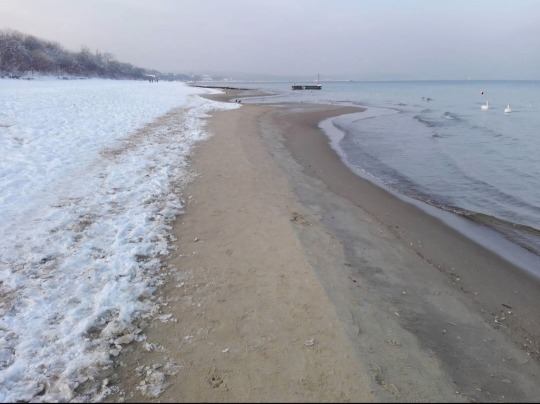


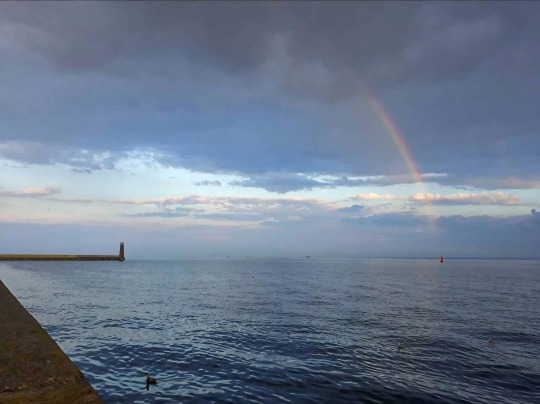
Damn, I miss living by the sea
28 notes
·
View notes
Photo

don’t ask if you don’t want to hear the answer
#meme#funny#humor#tumblr memes#memes#dark humor#memestagram#memepage#twitter#memesdaily#polskie memy#polandcore#polski tumblr#śmieszne#zabawne#polish memes#polska#poland#jokes#entertainment#comedy#internet#sarcasm#viral#laughter
25 notes
·
View notes
Text
my maternal great-great grandma was born in Warsaw in the late 19th/early 20th century. When she was a little girl, her family emigrated to the United States to escape violence and for better opportunities.
3 million polish Jews were killed in the shoah. I know for almost a fact that if my family had not left, I wouldn't be here writing this right now.
Even after the holocaust, Jews still faced violence in Poland. In 1946, (yes, that's only one year after the shoah) a pogrom in Kielce ended with 37 murdered Jews.
So no, don't tell Jews to go back to Poland.
26 notes
·
View notes
Text

Gdańsk, Poland by Adam Gierałtowski
#gdańsk#gdansk#poland#central europe#travel#wanderlust#europe#explore#travel europe#travel guide#travelling#traveling#travelgoals#travelgram#travelblr#travel blog#travel destinations#beautiful places#tourism#road trip
44 notes
·
View notes
Text
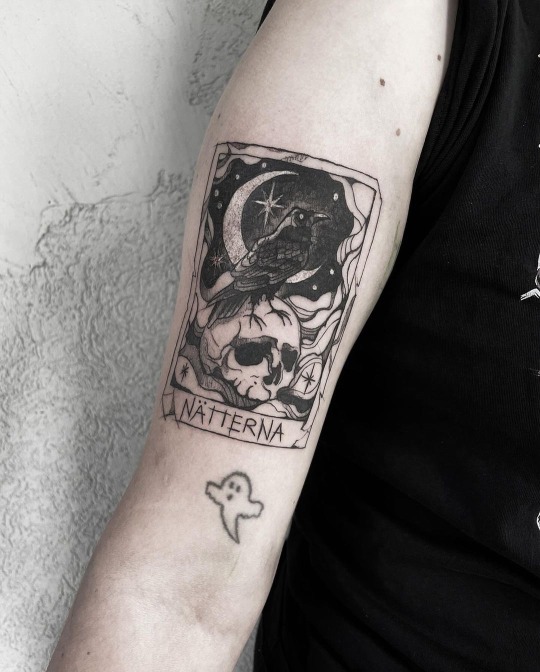

Nätterna means Night in Swedish. The customer wanted something Sandman related, without it being too literal.
Instagram / based in Katowice, Poland
Booking through IG or [email protected]
#tattoo#tattoos#artists on tumblr#katowice#poland#polska#tatuaż#tatuaże#dark#art#the sandman#sandman#fanart#dream of the endless#the corinthian#illustration
34 notes
·
View notes